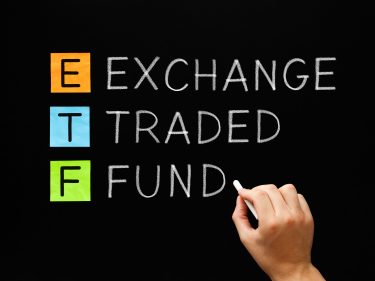MicroStrategy’s trading volume reached 17.65% of Nvidia’s in October, despite its market cap being only 1.5% of the chip giant.
MicroStrategy is just 8% away from reaching a $50 billion market cap valuation.
Disclosure: The author of this story owns shares in MicroStrategy (MSTR).
Bitcoin (BTC)-holder MicroStrategy’s (MSTR) soaring stock is driving up trading volumes relative to AI-proxy Nvidia (NVDA), one of the biggest companies by market cap, reflecting heightened investor enthusiasm.
MSTR has surged over 240% this year, with prices doubling to $236 in the past five weeks alone, according to data source TradingView. That’s the highest level for the stock since the dotcom bubble 25 years ago. The rally has MSTR closing in on a market cap of $50 billion, barely 1.5% of NVDA’s $3.44 trillion.
However, MSTR’s trading volume, as a percentage against NVDA, has continued to climb this year, reaching a high of 17.65% this month. According to Investing.com data, this milestone occurred on Oct. 11, as MicroStrategy saw 30 million trading volume, while NVIDIA had 170 million.
That’s a significant improvement since the bull market of 2021. Back then, MSTR peaked over $130 on Feb. 9 with a volume of 23.2 million, equating to just 8% of NVDA that day.
An increase in trading volumes alongside a price rally may confirm the stock’s uptrend. That said, a continued surge in volume relative to NVDA might be telling of a build up of a speculative froth in the market.
With a year-to-date gain of over 240%, MSTR has outperformed NVDA’s 192% surge by a big margin. Since MSTR adopted bitcoin as a treasury asset in August 2020, the gap has grown even bigger, with MSTR up 1,800% versus NVDA’s 1,150%, that’s probably the best evidence of MicroStrategy and its CEO Michael Saylor’s success.
MicroStrategy’s net asset value (NAV), which is is calculated by dividing MSTR’s market capitalization by the value of its bitcoin stack, continues to expand once again, with bitcoin still trending in the mid $60,000 range. According to the MSTR tracker, the NAV premium currently sits at almost 3, the highest level since early 2021.




